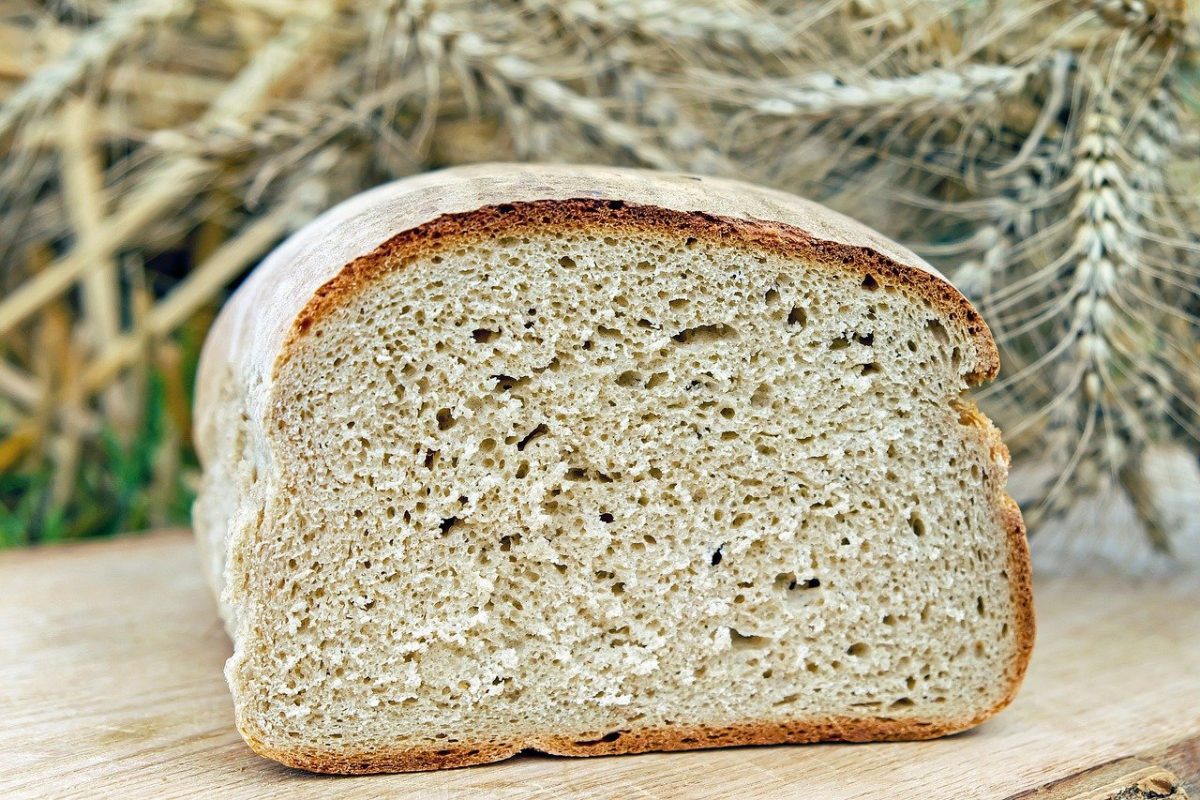The September e-newsletter has been issued. If you subscribe to receive the e-newsletter you will have already received this.
REHIS News
The Institute was saddened to learn of the death of Her Majesty Queen Elizabeth II. Jackie McCabe, Chief Executive was honoured to receive an invitation, on behalf of the Institute, to attend the Service of Reflection and Thanksgiving at St Giles’ Cathedral, Edinburgh.
Autumn sees our calendar of events start to increase with numerous CPD opportunities coming up. The Environmental Health Update (free to members) and Annual General meeting is being held as a hybrid event on Friday 18 November from the Edinburgh Training and Conference Centre for ‘in person’ delegates and online via MS Teams for those who wish to attend remotely.
Planning is well underway for a number of other professional courses and updates in the next couple of months, including training on Dog Control legislation, Pollution Update, Health and Safety Update, Environmental Public Health and Housing Update. The Northern and Southern Centres also have upcoming training events. Look out for more details and booking forms on the Events page of the website.
The Institute Professional Examinations took place on 13 & 14 September at the Carnegie Conference Centre in Dunfermline. Those newly qualified professionals, recipients of the REHIS Diploma in Environmental Health or the SFSORB Higher Certificate in Food Practice, will be officially presented with their awards at the Annual Forum in Spring 2023.
Hopefully all members have had the opportunity to browse the new website and we would ask you to note the new means of recording CPD in the members only section, which allows electronic addition of evidence for CPD activities and will allow for electronic submission at the end of the year. Entries can be added at anytime and are held on the system until you are ready to submit. REHIS Approved Training Centres can now register courses and request packs via the website, including the new Licensing courses. Results from courses can also be submitted via the website.
Another piece of news we wish to share with you is that we will be recruiting for a couple of positions within the Institute. The first being a job share for the Director of Professional Development to work with Karen Keeley who is reducing her hours. The DPD role is key to the Institute, and we will be looking for a Chartered EHO or an EHO member working towards Chartered status. Carol Campbell, our Training Administrative Assistant is retiring at the end of the year. Carol’s role is fundamental to Community Training and includes the preparation and issuing of course packs and processing candidate certificates. We are very sorry to see Carol go and wish her all the very best in her retirement. Details of both vacancies will be available very shortly on the Institute’s website.
Finally, we would like to thank all members who completed the recent membership survey. We are currently working our way through the responses. The information gathered will help us continue making improvements to the work of the Institute and will form part of the strategic objectives for the next three years.
Did you know that the Institute has many Elementary Food Hygiene and Health and Safety course materials and exam papers translated into various languages. These include Polish, Chinese, Urdu, Arabic and very recently in Ukrainian. Contact the Director of Training for more information.





